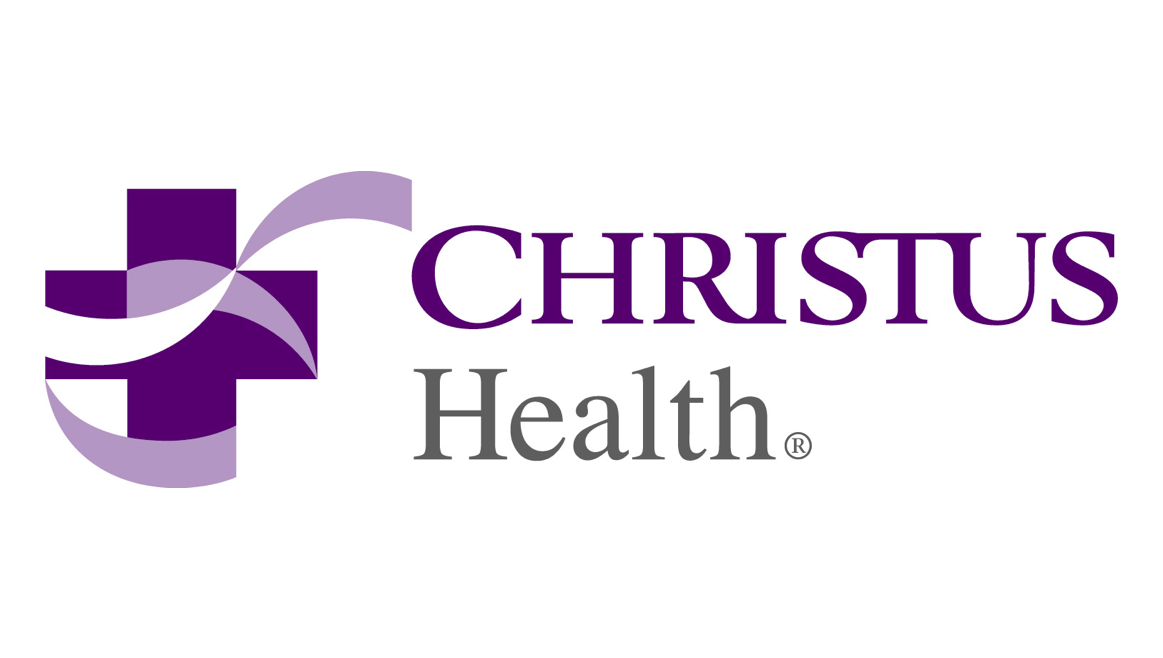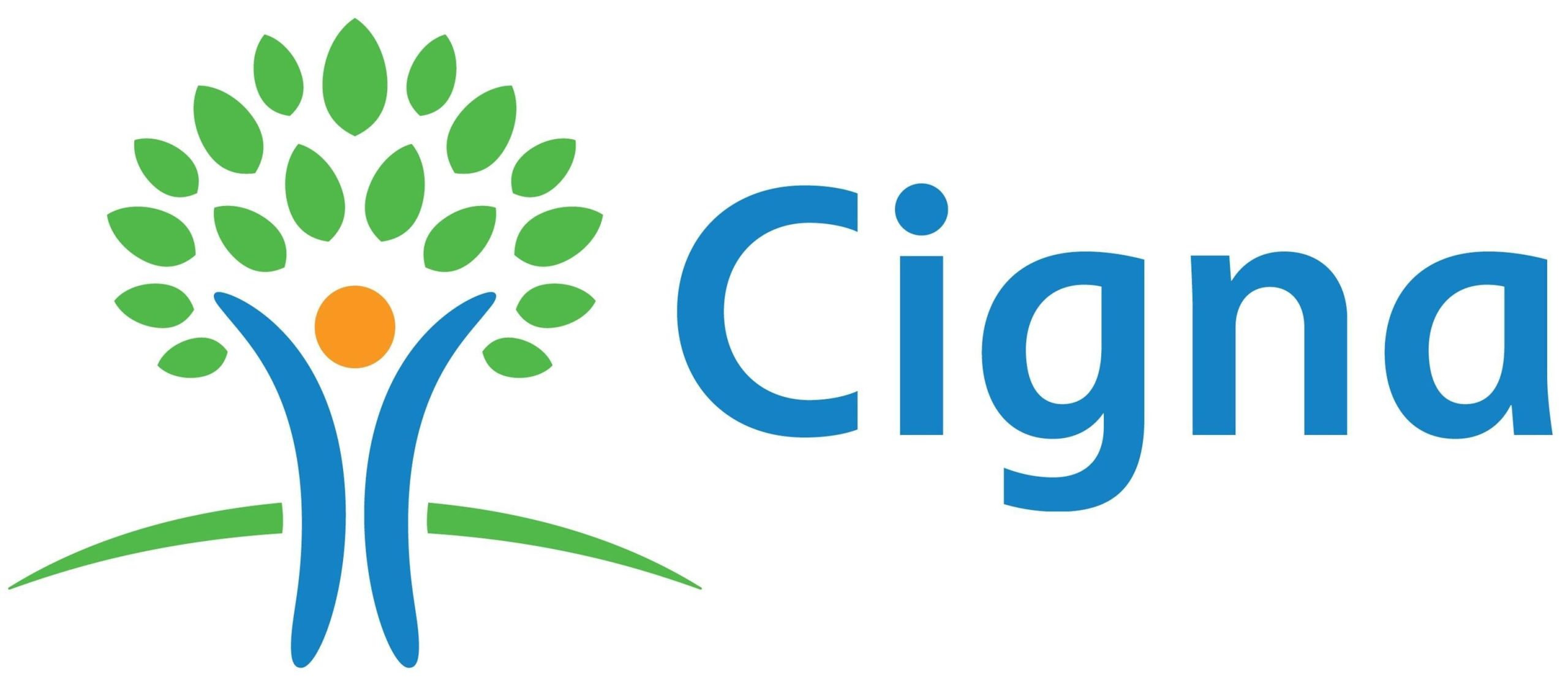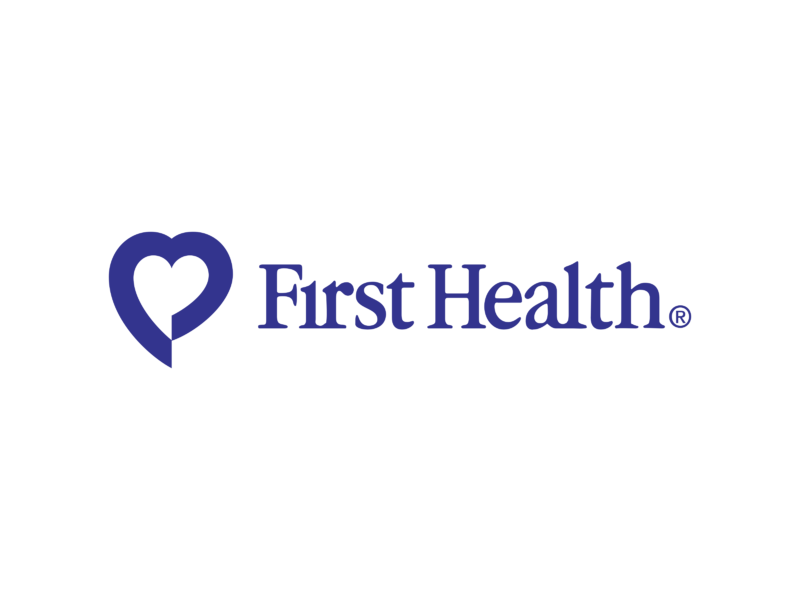DBT Overview
Dialectical Behavior Therapy (DBT) is a well-established method used to treat various mental health conditions. Here, we outline the development and effectiveness of DBT and its key components.
Development and Effectiveness of DBT
DBT was pioneered in the 1970s by Marsha Linehan, an American psychologist, specifically targeting individuals diagnosed with borderline personality disorder. Initially developed to assist multiproblematic, suicidal women, this therapy encompasses multiple facets, including weekly individual therapy sessions, group skills training, and therapist consultation team meetings.
The therapy aims to help individuals change behavior patterns rather than solely discussing issues or thoughts. This approach is particularly beneficial for individuals who experience intense emotional reactions and impulsive behaviors triggered by feelings of pain and rejection.
DBT has undergone rigorous evaluation in eight randomized clinical trials (RCTs), demonstrating its efficacy in managing borderline personality disorder (BPD) and associated problems (NCBI). Additionally, DBT has proven effective in treating individuals struggling with self-harm behaviors such as cutting, chronic suicidal thoughts, and those dealing with the aftermath of sexual trauma.
Key Components of DBT
The core components of DBT can be divided into four main areas, each crucial in supporting the therapy’s success.
Skills Training Group
In the skills training group, participants learn and practice essential skills over several weeks. These skills are typically broken down into four modules:
- Mindfulness: Helps individuals stay present and aware of their thoughts and feelings.
- Distress Tolerance: Focuses on managing crisis situations without resorting to harmful behaviors.
- Emotion Regulation: Teaches techniques to understand and manage intense emotions.
- Interpersonal Effectiveness: Aids in building and maintaining healthy relationships.
Individual Psychotherapy
Individual psychotherapy involves one-on-one sessions with a trained DBT therapist. These sessions aim to tailor the DBT strategies to the individual’s unique needs, enhancing their ability to apply the skills learned in the group sessions to real-life situations.
- Behavioral Analysis: Breaking down problematic behaviors to understand triggers and consequences.
- Solution Implementation: Working together to develop strategies to improve the individual’s functioning and quality of life.
Telephone Consultation/Coaching
Telephone consultation or coaching provides individuals with immediate support and guidance. This component allows for real-time application of DBT skills, ensuring that individuals can effectively manage crises and apply what they’ve learned outside of scheduled therapy sessions.
- Crisis Management: Immediate support to manage intense emotions or situations.
- Generalization of Skills: Helping clients apply DBT skills in their daily lives.
Therapist Consultation Team
The therapist consultation team is a support mechanism for DBT therapists. This team meets regularly to discuss cases, share strategies, and provide mutual support to ensure that each therapist can deliver the highest quality care.
- Case Review: Discussing clients’ progress and challenges.
- Peer Support: Helping therapists to stay motivated and avoid burnout.
As part of the Bright Path Program, we integrate DBT into our day programming, partial hospitalization program, and intensive out-patient program. For more information on other therapeutic approaches, such as cognitive behavioral therapy and EMDR therapy, please explore our additional resources.
By understanding the development, effectiveness, and key components of DBT, individuals seeking mental health and substance abuse treatment can make informed decisions about their care.
Stages of DBT
Dialectical Behavior Therapy (DBT) is a comprehensive treatment model designed to help individuals manage and overcome various mental health challenges. At Bright Path Program, we follow DBT’s structured approach to ensure our clients receive the best possible care. We aim to address life-threatening behaviors, improve coping skills, and enhance overall quality of life. Here, we break down the four stages of DBT treatment:
Stage 1: Initial Treatment Goals
In the first stage of DBT, the primary objective is to reduce and manage life-threatening behaviors. This stage focuses on helping individuals gain control over behaviors that pose a risk to their lives. This stage also aims to reduce behaviors that interfere with therapy, thus setting a solid foundation for future treatment.
| Stage | Goals |
|---|---|
| Stage 1 | Reduce life-threatening behaviors, manage therapy-interfering behaviors, establish behavioral control |
The initial treatment goals are critical for creating a safe and stable environment that allows for effective therapy. Structural support might include partial hospitalization programs and intensive out-patient programs.
Stage 2: Targeting Therapy-Interfering Behaviors
The second stage targets behaviors that interfere with the therapy process itself. This includes efforts to:
- Enhance capabilities
- Generalize capabilities to daily life
- Reduce dysfunctional behaviors
- Improve motivation
- Structure the environment conducive to positive progress
By addressing these factors, we ensure that the therapy sessions are effective and that clients remain engaged throughout their treatment journey.
Stage 3: Enhancing Quality of Life
In the third stage, the focus shifts to improving the quality of life. This involves helping individuals cultivate distress tolerance skills, enabling them to handle crises without needing to change the situation or become overwhelmed by hypothetical scenarios.
| Stage | Goals |
|---|---|
| Stage 3 | Develop distress tolerance, enhance emotional regulation, adopt problem-solving skills |
This stage aims to equip individuals with tools to manage their lives better, improving their overall mental and emotional well-being. Support mechanisms such as day programming may be integrated during this stage.
Stage 4: Building Mastery and Identity
In the final stage, the goal is to achieve a sense of self-satisfaction and self-worth. This involves focusing on behavior targeting and management through individualized care plans, which may include:
- Individual psychotherapy
- Skills training groups
- Therapist consultation teams
- Diary cards for tracking daily moods and treatment targets
| Stage | Goals |
|---|---|
| Stage 4 | Build mastery, establish a positive identity, achieve self-satisfaction and self-worth |
By the end of this stage, individuals should feel more competent and confident in their abilities, having developed a strong sense of identity and mastery over their behaviors.
Understanding the stages of DBT can greatly enhance the ability to tailor treatment plans for individuals seeking mental health and substance abuse treatment. At Bright Path Program, we are committed to guiding our clients through these stages efficiently to promote long-term wellness and recovery. For more information on how DBT and our tailored programs can benefit you, explore our sections on borderline personality disorder treatment and drug addiction treatment.
Components of DBT
Dialectical Behavior Therapy (DBT) encompasses several critical components aimed at providing comprehensive mental health care. These components are designed to enhance capabilities, generalize new behavioral skills, and improve motivation.
Skills Training Group
Skills training groups represent a fundamental aspect of DBT. These groups typically meet on a weekly basis and focus on teaching practical skills in four key areas: mindfulness, distress tolerance, emotion regulation, and interpersonal effectiveness. These skills help individuals manage their emotions, cope with difficult situations, and enhance their relationships.
| Skills Type | Description |
|---|---|
| Mindfulness | Techniques to focus on the present moment |
| Distress Tolerance | Strategies to tolerate and survive crises |
| Emotion Regulation | Methods to manage and change intense emotions |
| Interpersonal Effectiveness | Skills to assert needs and manage relationships |
The duration of a full DBT program, including skills training, usually spans about a year.
Individual Psychotherapy
Individual psychotherapy is another crucial component of DBT. This one-on-one therapy is designed to help clients address specific challenges and reinforce the skills learned in the skills training group. The individual therapist works closely with the client to set personal goals and develop strategies for overcoming obstacles.
| Therapy Session | Frequency |
|---|---|
| Individual Psychotherapy | Weekly |
In the individual sessions, therapists focus on enhancing motivation and ensuring that the skills taught in group sessions are effectively applied in everyday life (American Psychiatric Association).
Telephone Consultation/Coaching
Telephone consultation or coaching is an integral part of DBT that provides clients with real-time support. This component allows individuals to troubleshoot problems and practice skills in real-life situations between therapy sessions. The availability of coaching ensures that clients can apply their skills effectively when they need them most.
| Consultation Type | Description |
|---|---|
| Telephone Coaching | Real-time support for skill application |
By offering immediate access to therapists, this component bridges the gap between therapy sessions, promoting continuous progress.
Therapist Consultation Team
The therapist consultation team is designed to support the mental health providers delivering DBT. This team functions as a therapy group for the therapists themselves, ensuring that they are effective and motivated in their work. The consultation team helps therapists navigate challenging cases, provides emotional support, and fosters a collaborative treatment environment.
| Team Component | Description |
|---|---|
| Therapist Consultation Team | Group support for DBT therapists |
The presence of a consultation team ensures that therapists remain competent and compassionate, which directly benefits their clients.
By understanding these components, individuals seeking mental health and substance abuse treatment can better comprehend the structure and benefits of DBT. For more information on related therapies, such as cognitive behavioral therapy and radically open dialectical behavior therapy, or specific treatments for conditions like obsessive compulsive disorder and borderline personality disorder, explore our available resources.
Effectiveness of DBT
Research and Studies on DBT
Dialectical Behavior Therapy (DBT) was pioneered by Dr. Marsha Linehan as an innovative treatment for borderline personality disorder (BPD) and has since demonstrated its effectiveness in addressing various other mental health conditions. Our understanding of DBT’s efficacy is supported by substantial empirical evidence. DBT includes multiple stages of treatment focused on enhancing capabilities, generalizing new behavioral skills, and improving motivation.
DBT has been rigorously evaluated in several well-controlled, randomized clinical trials (RCTs). In fact, eight published RCTs have substantiated its therapeutic benefits specifically for individuals with BPD and related problems. These studies generally showcase DBT’s capacity to reduce self-harming behaviors and improve overall emotional regulation.
Use of DBT for Various Mental Health Conditions
While originally aimed at treating BPD, DBT now serves as a multifaceted approach for a variety of other mental health conditions. This broadened scope is backed by research confirming DBT’s efficacy for diverse mental health challenges, extending its utility beyond its initial target population.
DBT is especially effective for individuals struggling with emotion regulation. Beyond BPD, DBT is impactful for mood disorders, substance-use disorders, eating disorders, and post-traumatic stress disorder (PTSD).
Furthermore, recent studies suggest that adolescents particularly benefit from DBT. It equips them with the tools necessary to navigate emotional volatility, making it a viable therapeutic option for younger populations.
For more information about therapies for specific disorders, explore our resources on bipolar disorder treatment, obsessive-compulsive disorder treatment, and schizoaffective disorder treatment. To understand how DBT integrates with other modalities, visit our page on radically open dialectical behavior therapy.
In summary, DBT stands as a robust treatment framework that has proven effective for managing a wide array of mental health conditions. With a strong empirical foundation, DBT continues to be a vital part of modern therapeutic practices, aiding countless individuals in their journey toward wellness.
DBT Application and Considerations
Dialectical Behavior Therapy (DBT) has proven to be an effective treatment modality for various mental health challenges. Let’s explore its application and considerations in different contexts.
Adolescents and DBT
Research suggests that DBT can be particularly beneficial for adolescents. Adolescents often struggle with emotional regulation and impulse control, making DBT’s skill-based approach suitable for this age group. The therapy focuses on teaching coping strategies that can assist adolescents in navigating the emotional turbulence of their teenage years. The evidence supports DBT’s effectiveness in reducing self-harm behaviors and improving emotional stability.
For parents seeking comprehensive care for their teenagers, we offer specialized day programming aimed at integrating DBT principles.
Applicability of DBT for Different Disorders
DBT was initially developed for Borderline Personality Disorder (BPD) but has since shown effectiveness in treating various other conditions. These include:
- Borderline Personality Disorder
- Substance Use Disorders
- Binge-Eating Disorder
- Depression
- Anxiety Disorders
DBT has been associated with reductions in hospitalizations, suicidal behaviors, and treatment dropout rates in BPD patients (Cleveland Clinic). It’s also beneficial for individuals with difficulty managing and regulating their emotions, providing a structured approach to improving emotional resilience.
We have tailored programs for specific conditions such as depression treatment and drug addiction treatment, which integrate DBT principles to ensure comprehensive care.
Duration and Continuation of DBT Treatment
The duration of DBT treatment can vary based on individual needs and the severity of the condition. Typically, a full DBT program lasts about a year and is divided into several stages. These stages include initial treatment focusing on stabilization, followed by addressing therapy-interfering behaviors and enhancing quality of life. The final stages aim at building mastery and identity.
It’s important to continue implementing DBT skills even after formal treatment ends to maintain progress and prevent relapse. Regular follow-ups and booster sessions can be beneficial. Our intensive out-patient program offers ongoing support for individuals seeking long-term maintenance of their mental health.
In summary, DBT presents a versatile and robust approach to mental health treatment, adaptable for adolescents and effective across a range of disorders. By understanding these nuances, clients can make informed decisions about their journey towards wellness. If you are considering DBT treatment, our programs are designed to cater to diverse needs, ensuring the best possible outcomes. For more information on different therapy modalities, visit our section on radically open dialectical behavior therapy.
DBT and Positive Outcomes
Impact on Reducing Self-Harm
Dialectical Behavior Therapy (DBT) has been shown to significantly reduce self-harm behaviors among individuals with borderline personality disorder (BPD). Studies have demonstrated that DBT is highly effective in addressing behaviors such as cutting and other forms of self-injury. By incorporating skills training and individualized coaching, DBT helps patients develop healthier ways to manage their emotions and cope with distress.
For individuals also struggling with substance abuse, DBT offers effective drug addiction treatment that can further assist in reducing self-harm.
Suicidal Behavior Reduction in DBT
DBT has proven to be particularly effective in reducing suicidal behaviors. Research has consistently shown superior reductions in parasuicidal behavior, suicide attempts, and psychiatric hospitalizations among patients undergoing DBT compared to those receiving other forms of therapy.
These compelling statistics underscore the importance of DBT as a cornerstone treatment in borderline personality disorder treatment programs, as well as its potential application in treating other mental health conditions such as depression and anxiety disorders.
Real-World Benefits of DBT
The benefits of DBT extend beyond clinical settings. DBT has been shown to improve real-world outcomes for individuals dealing with a variety of mental health issues, including binge-eating, depression, and post-traumatic stress disorder (PTSD). For example, elderly patients with personality disorders have reported significant improvements in mood and functioning following DBT interventions.
These positive outcomes highlight the versatility and effectiveness of DBT in addressing complex emotional and behavioral issues. The therapy’s structured yet flexible approach ensures that individuals receive tailored care that meets their unique needs. For those seeking comprehensive mental health and substance abuse treatment, our DBT program at Bright Path offers an integrated and evidence-based pathway to wellness.
For more information on how DBT can be incorporated into other therapeutic modalities, check out our pages on cognitive behavioral therapy and EMDR therapy.
















